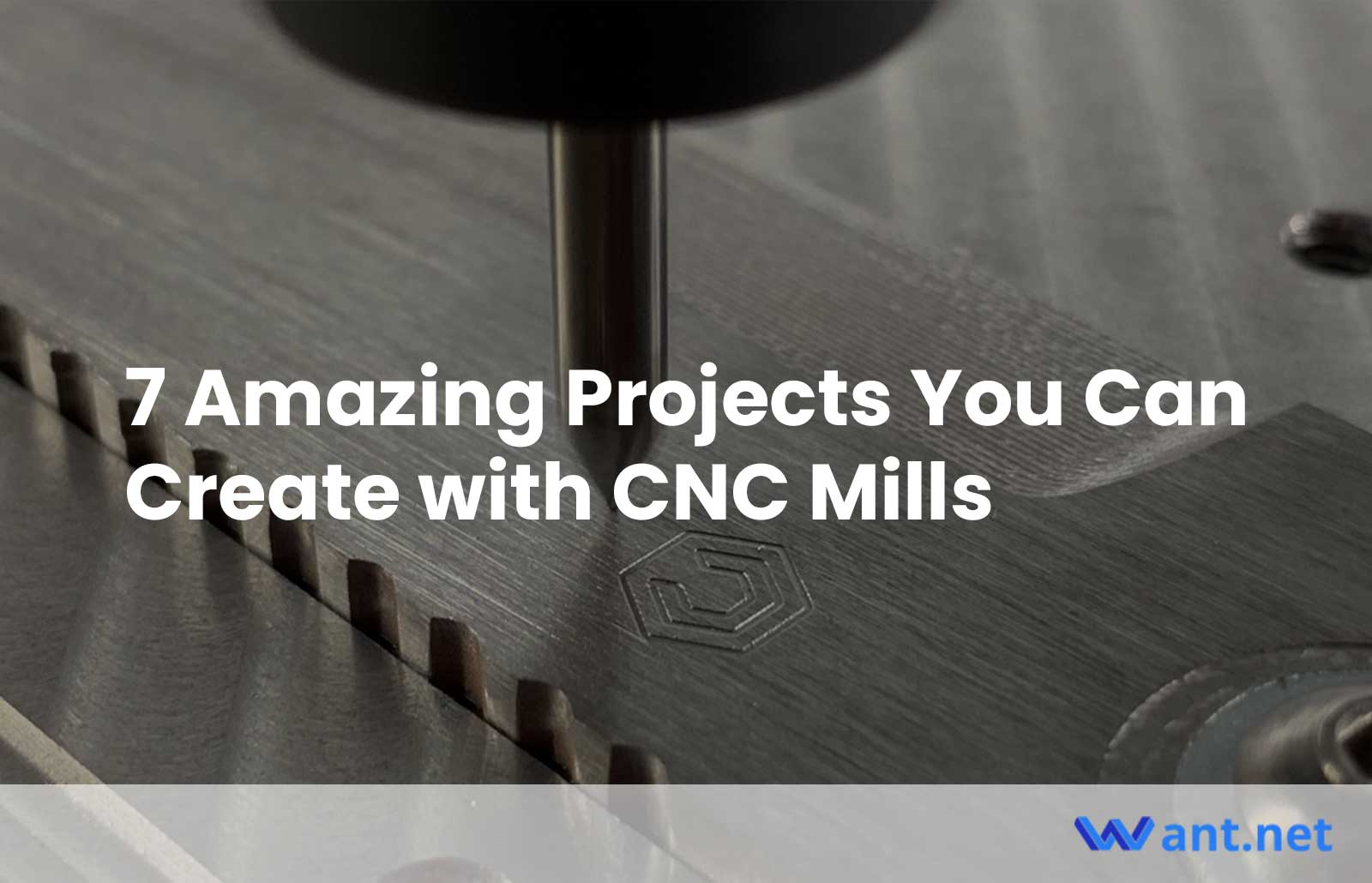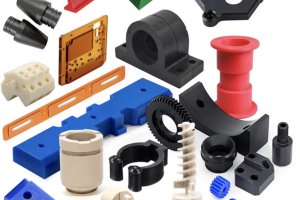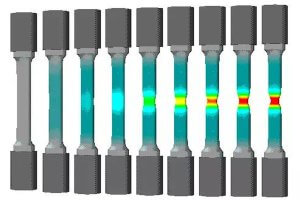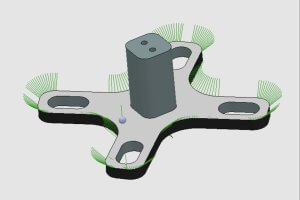When it comes to manufacturing and creating innovative designs, CNC mills have revolutionized the industry. These powerful machines offer unparalleled precision and versatility, making them ideal for a wide range of projects. In this article, we’ll explore seven amazing projects that you can bring to life using CNC mills. Prepare to be inspired by the limitless possibilities!
# 1: Intricate Woodworking Designs
Woodworking enthusiasts and craftsmen alike have always marveled at the intricate patterns and designs that can be created on wood. With the advent of CNC mills, the possibilities have expanded even further. These powerful machines offer a level of precision and detail that was once unimaginable.
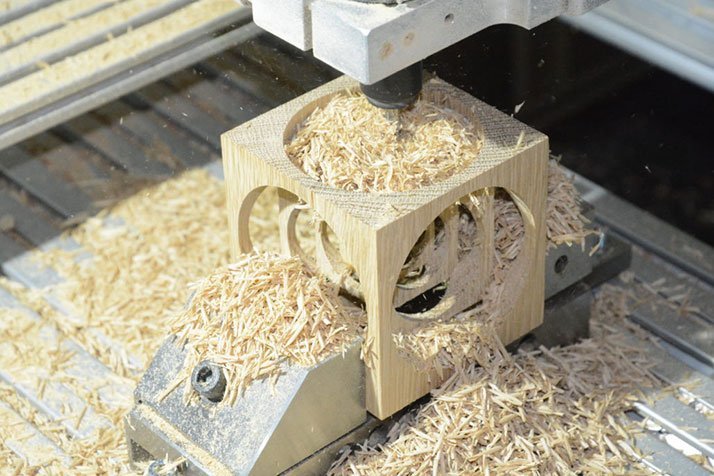
Unlike traditional woodworking methods that rely on manual labor and hand tools, CNC mills can consistently reproduce intricate patterns with flawless precision. The level of control and repeatability provided by these machines ensures that each piece crafted is an exact replica of the original design, resulting in stunning woodworking creations that leave a lasting impression.
The level of detail achievable with CNC mills allows for the incorporation of intricate motifs, textures, and even personalized engravings in woodworking projects. This level of customization and artistry adds value and uniqueness to each piece created. Whether it’s a handcrafted wooden jewelry box with delicate engravings or a decorative panel with intricate floral patterns, the precision of CNC mills ensures that every detail is rendered with stunning clarity.
With CNC mills, woodworking becomes an art form that combines traditional craftsmanship with cutting-edge technology. These machines offer woodworkers the tools to transform their ideas into masterpieces, where precision and creativity intertwine. The results speak for themselves—a testament to the incredible capabilities of CNC mills in the realm of woodworking.
# 2: Personalized Metal Engravings
CNC mills not only excel in woodworking but also offer remarkable capabilities when it comes to engraving detailed designs on metal surfaces. Whether it’s adding a personalized touch to metal items or creating intricate patterns for industrial applications, CNC mills are the go-to solution.
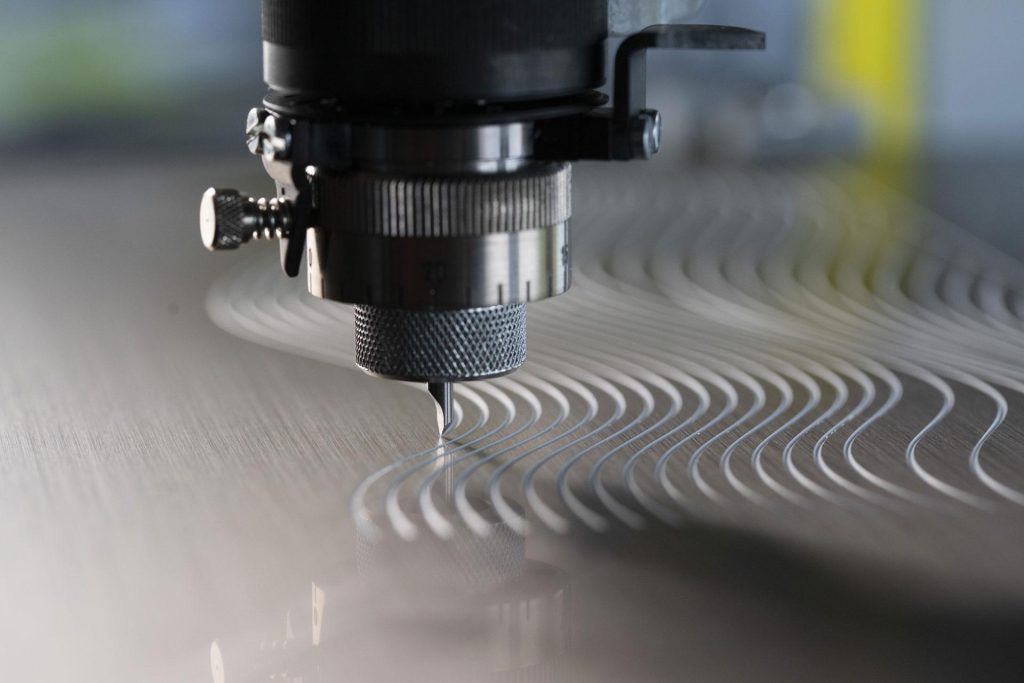
The versatility of CNC mills allows for the engraving of various types of metal, including aluminum, stainless steel, brass, and more. Whether it’s creating serial numbers on industrial components, intricate designs on jewelry pieces, or personalized messages on metal gifts, CNC mills offer the ability to achieve intricate and permanent engravings. Learn more here.
One of the key advantages of using CNC mills for metal engraving is the durability of the engravings produced. The precision and controlled nature of the process ensure that the engraved designs are deep and long-lasting, resistant to wear and tear over time. This makes CNC-milled metal engravings ideal for applications that require high durability, such as identification plates, serial numbers, or industrial part marking.
Additionally, CNC milling provides a professional and polished finish to the engraved metal surfaces. The precision of the machine ensures clean lines, sharp edges, and consistent depth, resulting in a refined and aesthetically pleasing appearance. Whether it’s a company logo on a metal plaque or a decorative pattern on a jewelry piece, the professional finish achieved through CNC milling adds a touch of elegance and sophistication.
With CNC mills, metal engraving projects can achieve levels of intricacy and durability that were once difficult to attain. These machines offer the ability to transform metal surfaces into personalized works of art, leaving a lasting impression. From industrial applications to customized gifts, CNC-milled metal engravings deliver both style and substance.
# 3: Prototyping and Rapid Product Development
CNC mills offer designers and engineers the ability to quickly transform their concepts into physical prototypes. By utilizing computer-aided design (CAD) software, the design specifications can be converted into digital files that CNC mills can interpret and execute. This seamless translation from digital design to physical prototype allows for efficient iteration and refinement of product ideas.
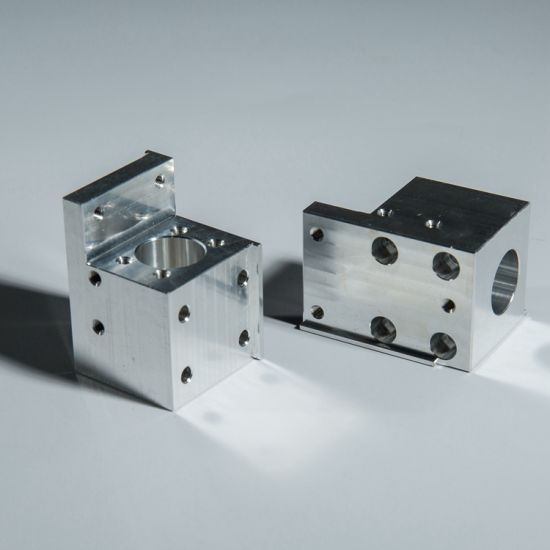
Traditional prototyping methods often involve manual labor and time-consuming processes, such as handcrafting or outsourcing to specialized services. In contrast, CNC mills automate the manufacturing process, significantly reducing production time and costs. Moreover, by utilizing CNC mills for prototyping, the need for expensive tooling or molds typically associated with traditional manufacturing methods is eliminated. This, once again, translates into cost savings, especially for small-scale or custom production runs. CNC mills allow for cost-effective prototyping while maintaining a high level of precision and quality.
# 4: Intricate Foam Sculptures
Foam sculptures have gained popularity in various fields, including art installations, theater props, architectural models, and product designs. The lightweight and moldable nature of foam make it an ideal material for creating complex and intricate shapes. CNC mills harness the power of computer-controlled precision to sculpt foam with exceptional accuracy, bringing artists’ visions to reality.
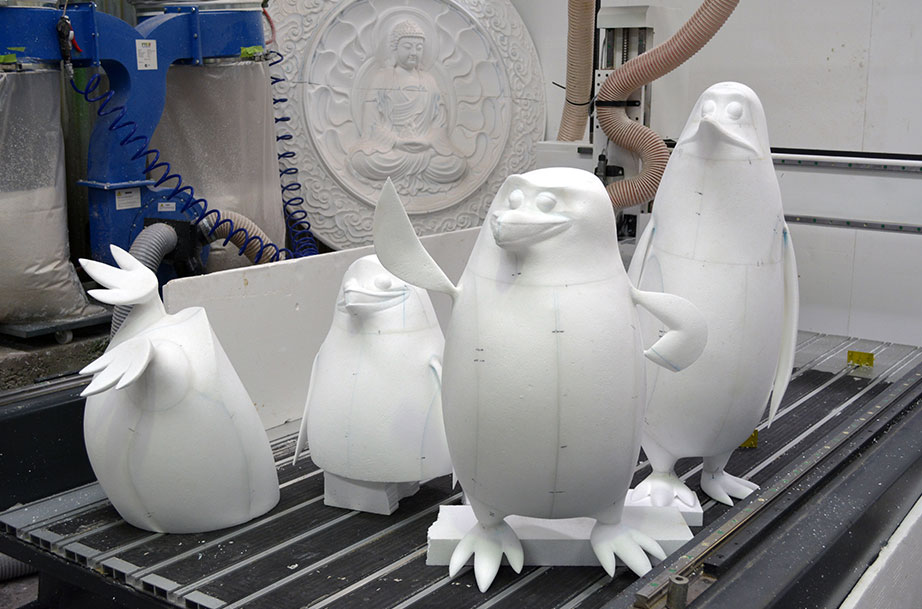
Whether it’s creating organic curves, intricate patterns, or intricate textures, CNC mills can execute detailed foam sculptures with ease. By following digital design files, these machines precisely carve, shape, and contour foam to achieve the desired artistic expression. The level of detail and intricacy that can be achieved through CNC milling opens up a world of possibilities for artists and designers.
The applications of foam sculptures created with CNC mills are vast and diverse. In the world of art, foam sculptures can serve as captivating installations, showcasing the artist’s creativity and imagination. In theater and film productions, CNC-milled foam sculptures are used for creating realistic props, set pieces, and stage designs. Architectural firms utilize foam sculptures to present intricate building models with accuracy and precision.
# 5: Precision PCB Manufacturing
Printed circuit boards (PCBs) serve as the backbone of electronic devices, providing a platform for connecting and supporting various components. CNC mills revolutionize the traditional PCB manufacturing process by automating the intricate and precise steps involved. These machines enable the rapid and consistent production of PCBs with minimal human intervention, ensuring superior quality and reliability.
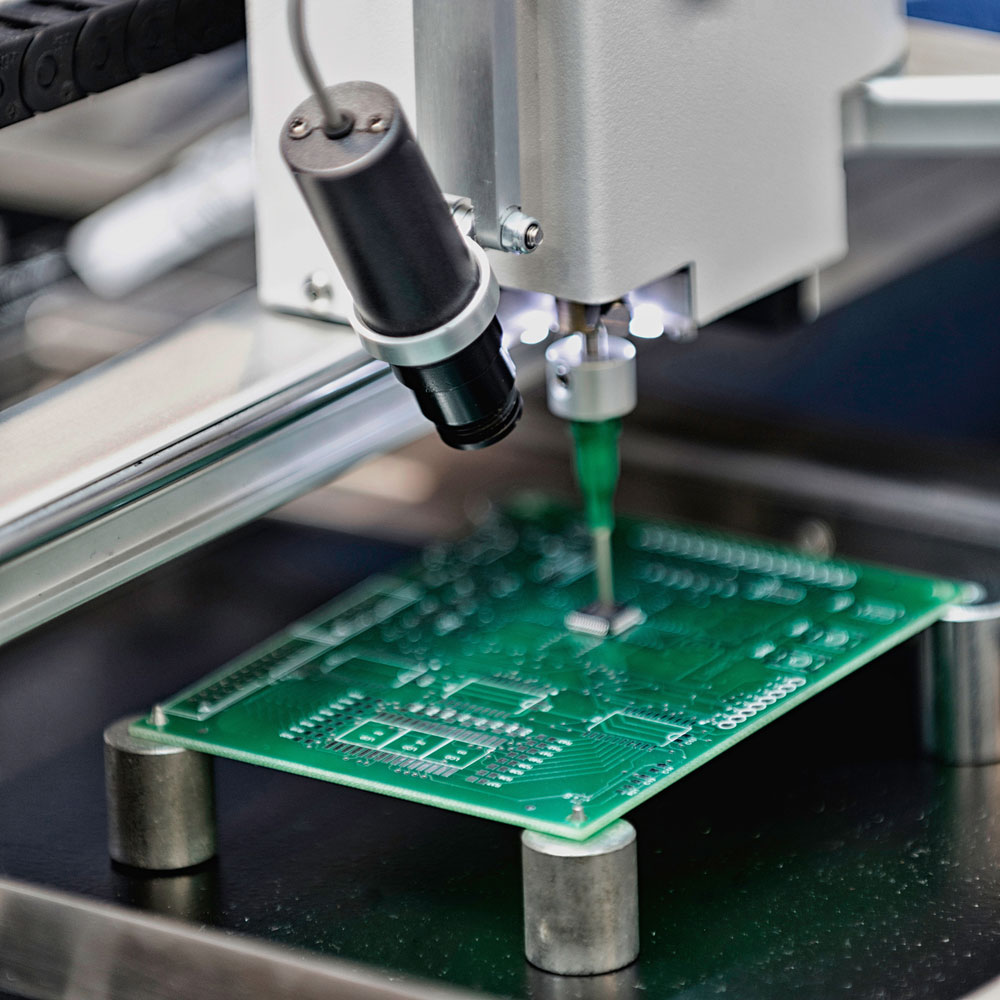
CNC mills excel at delivering precise and accurate results, making them ideal for the manufacturing of PCBs. The computer-controlled movements and specialized cutting tools employed by CNC mills ensure that the PCBs are precisely etched, drilled, and routed according to the design specifications. This level of accuracy eliminates the risk of human error and guarantees the consistent production of high-quality PCBs.
Furthermore, the reliability of CNC mills plays a crucial role in PCB manufacturing. These machines can operate continuously for extended periods, maintaining consistent precision and performance throughout the production process. By minimizing variations and deviations, CNC mills enhance the reliability of PCBs, meeting the stringent requirements of the electronics industry.
Recommended Read: 10 Tips and Tricks to Master CNC Mill Operation
# 6: Customized Acrylic Displays
CNC mills have revolutionized the way acrylic displays are crafted, allowing for precise and intricate designs to be translated into reality. These machines can precisely cut, carve, and shape acrylic sheets with incredible accuracy and speed, enabling the creation of highly customized and visually appealing displays.
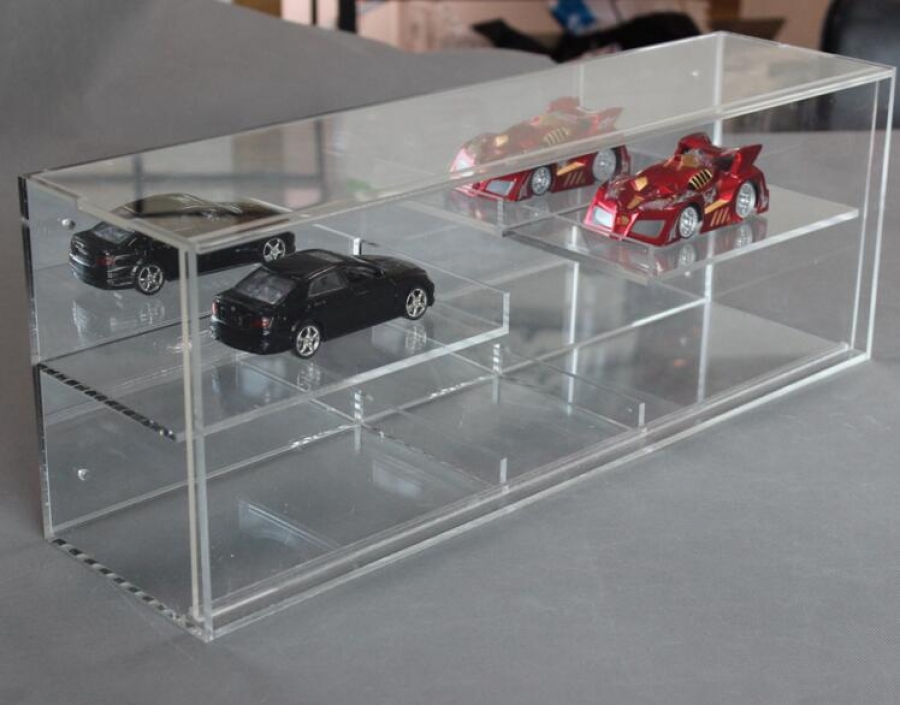
One of the significant advantages of CNC mills in creating acrylic displays is the ability to tailor them to unique requirements. Whether you need intricate shapes, precise dimensions, or custom branding elements, CNC mills can bring your vision to life with impeccable precision. From eye-catching retail displays to trade show exhibits, CNC-milled acrylic displays offer endless possibilities for customization.
# 7: Artistic Relief Carvings
Traditional relief carvings require painstaking hours of manual labor and immense skill. However, CNC mills have transformed this art form by offering precise control and automated capabilities. Artists can now translate their visions into tangible masterpieces with unparalleled precision, saving time and effort.
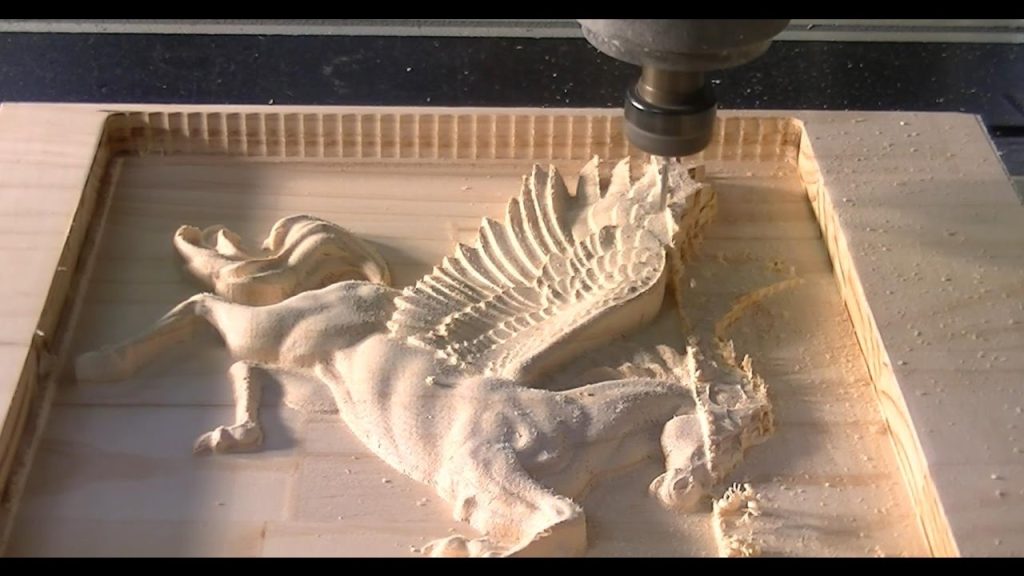
CNC mills provide artists with a wide range of creative possibilities for relief carvings. Artists can experiment with different materials, such as wood, stone, or even synthetic materials, to achieve various textures and effects. Moreover, CNC mills allow for the incorporation of intricate patterns, abstract shapes, and complex compositions that would be challenging to achieve manually. The result is a fusion of artistic expression and technological precision.
Other Articles You Might Enjoy
- Differences Between CNC Lathes and CNC Mills
In the world of manufacturing, two machines play pivotal roles: CNC lathes and CNC mills. These machines share the purpose of material removal using cutting tools, yet they possess unique…
- 5 Key Differences between CNC Routers and CNC Mills
In the world of CNC machines, two popular contenders stand out: CNC routers and CNC mills. These advanced tools have revolutionized the manufacturing industry, enabling precise and automated production processes.…
- Top 5 Materials Best Suited for CNC Milling
Welcome to the world of CNC milling, where precision meets creativity! Whether you're a CNC enthusiast, a DIY hobbyist, or a professional in the manufacturing industry, understanding the importance of…


